The Best And Healthiest Foods for a Gut-Healthy Diet
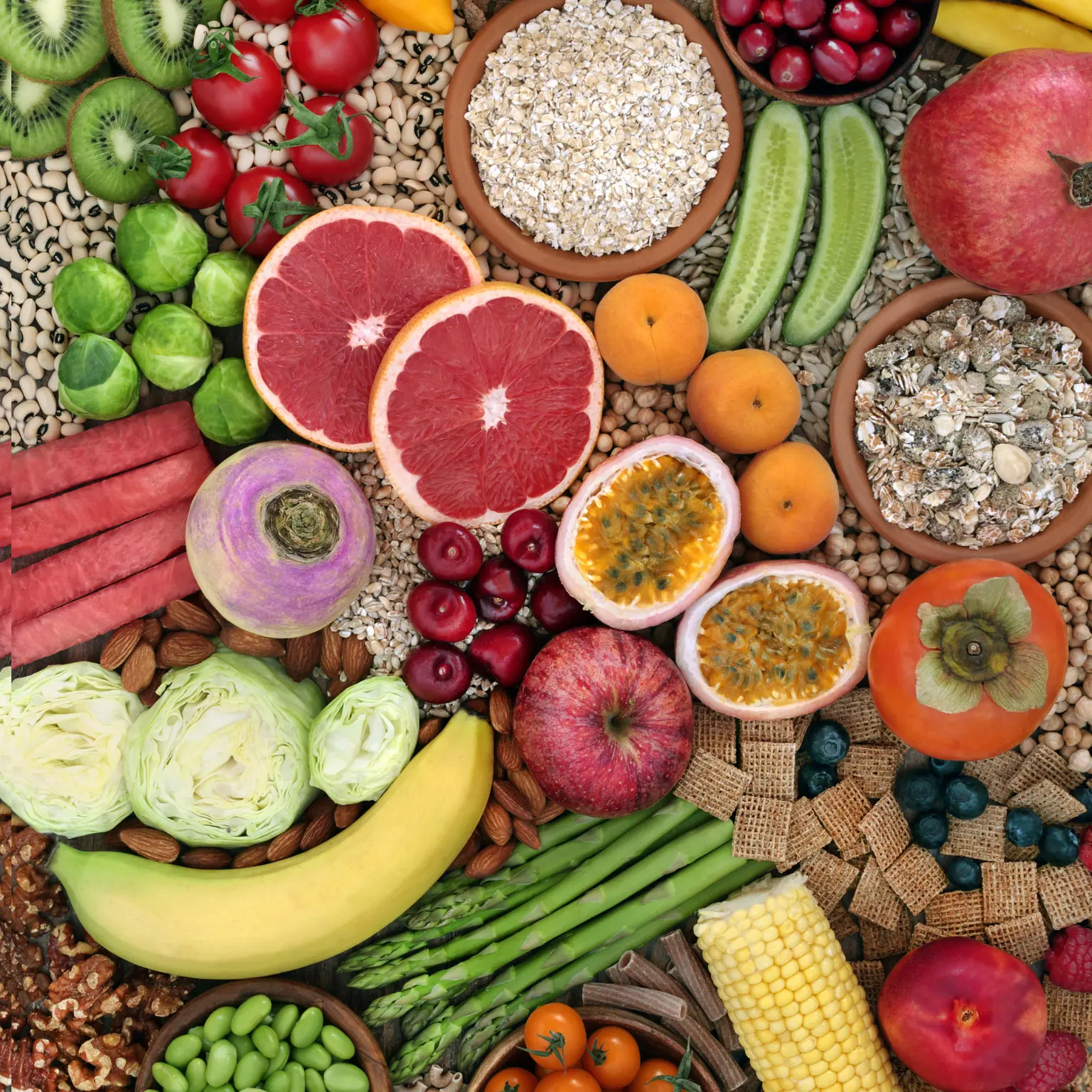
Keeping up a healthy intestine is basic for overall well-being. An adjusted intestine can move forward absorption, boost insusceptibility, and even upgrade your mood. One of the best ways to support your gut health is through your diet.
At Healthy Stride Wellness, we prioritize helping you make informed and nutritious choices. In this blog, we will explore the best and healthiest foods for a gut-healthy diet, offering practical tips and insights to support your digestive health.
Table of Contents
Key Takeaways
- Gut Heath: Gastrointestinal function, nutritional absorption, and general health all depend on having a healthy gut. A balanced gut microbiome can also boost immunity and enhance mood.
- Beneficial Foods: Incorporate fibre-rich, probiotic, and prebiotic foods like whole grains, yoghurt, garlic, and ginger into your diet to support gut health. These foods promote the growth of beneficial bacteria and improve digestion.
- Practical Eating Tips: Start your day with a gut-friendly breakfast, snack smartly, and use herbs and spices in your cooking. Including a variety of gut-healthy foods and staying hydrated can help maintain a healthy digestive system.
Understanding Gut Health
Your gut, also known as the gastrointestinal tract, is home to trillions of bacteria and other microorganisms. This community of microorganisms, known as the gut microbiome, plays a crucial role in digestion, nutrient absorption, and immune function. A healthy gut microbiome is diverse, with a balance of beneficial bacteria that help keep harmful bacteria in check.
Fiber-Rich Foods
Fibre is essential for gut health as it feeds the beneficial bacteria in your gut, promoting their growth and activity.
- Whole Grains: Whole grains like oats, brown rice, quinoa, and whole wheat are excellent sources of dietary fibre. They provide both soluble and insoluble fibre, which helps regulate bowel movements and prevent constipation. Soluble fibre dissolves in water to form a gel-like substance that can help lower blood cholesterol and glucose levels, while insoluble fibre adds bulk to the stool and aids in moving food through the digestive system.
- Fruits and Vegetables: Fruits and vegetables are rich in fibre, vitamins, and minerals. Apples, bananas, berries, broccoli, and carrots are particularly good choices. The fibre in these foods helps feed your gut bacteria, promoting a healthy microbiome. Additionally, fruits and vegetables provide antioxidants that protect the gut lining from damage and reduce inflammation.
- Soybeans: Abundant in protein and fibre consisting of legumes such as lentils beans and peas. They help increase the diversity of your gut microbiome and support overall digestive health. The resistant starch found in legumes acts as a prebiotic, feeding the beneficial bacteria in your gut and promoting their growth.
Probiotic Foods
Probiotics are live advantageous microscopic organisms that can make strides in intestine health. Including probiotic-rich foods in your diet can help maintain a healthy balance of gut bacteria.
- Dairy Items: One of the finest foods to get probiotics is dairy products. Look for yoghurt that contains live and active cultures, as these are the beneficial bacteria that support gut health. Greek yoghurt is particularly beneficial because it contains higher amounts of protein, which can help keep you full and satisfied.
- Buttermilk is a: Kefir is a probiotic-rich fermented milk beverage. It contains a diverse range of bacteria and yeasts, which can help improve the balance of your gut microbiome. Kefir is also a good source of calcium and vitamin D, which are important for bone health.
- Sauerkraut: Sauerkraut, or matured cabbage, is pressed with probiotics. It too contains fibre, which underpins generally stomach-related well-being. Select unpasteurized sauerkraut to guarantee the nearness of live advantageous microbes. The fermentation process also enhances the bioavailability of certain nutrients, making them easier for your body to absorb.
- Sauerkraut: Made from aged vegetables, kimchi is a traditional Korean meal. It is rich in probiotics, fibre, and vitamins, making it an excellent choice for gut health. The spices used in kimchi, such as garlic and ginger, also have anti-inflammatory properties that can benefit your digestive system.
Prebiotic Foods
Prebiotics are non-digestible filaments that nourish the advantageous microbes in your intestine. Including prebiotic-rich foods in your diet can enhance the growth and activity of these bacteria.
- Garlic: Garlic is a powerful prebiotic that helps feed beneficial gut bacteria. It also has antimicrobial properties that can help keep harmful bacteria in check. Garlic contains inulin, a type of prebiotic fibre that supports the growth of beneficial bacteria in the gut.
- Onions: Onions are rich in prebiotic fibres, such as inulin and fructooligosaccharides. These fibres promote the growth of beneficial bacteria and improve gut health. Onions also contain antioxidants that protect the gut lining from damage and reduce inflammation.
- Asparagus: Asparagus is another excellent source of prebiotics. It contains inulin, a type of fibre that supports the growth of beneficial gut bacteria. Asparagus also provides vitamins and minerals, such as vitamin K and folate, which are important for overall health.
- Leeks: Leeks are part of the allium family, along with garlic and onions. They are rich in prebiotic fibres that feed beneficial gut bacteria. Leeks also contain antioxidants that support overall gut health and protect against oxidative stress.
- Bananas: Bananas are a delicious and easy source of prebiotics. They contain resistant starch, which feeds beneficial bacteria in the gut. Bananas also provide vitamins and minerals, such as vitamin C and potassium, which support overall health.
Other Gut-Friendly Foods
- Ginger: Ginger has anti-inflammatory properties that can help soothe the digestive tract. It also stimulates the production of digestive enzymes, aiding in the breakdown of food and absorption of nutrients. Ginger can help alleviate symptoms of indigestion, such as bloating and nausea.
- Turmeric: The chemical curcumin, which has strong anti-inflammatory and antioxidant effects, is present in turmeric. It can enhance general digestive health by lowering intestinal inflammation. It has been demonstrated that curry relieves the symptoms of irritable bowel syndrome (IBS) and inflammatory bowel disease (IBD).
- Bone Broth: Packed full of gelatin and collagen, bone broth has the potential to improve overall gut health by repairing the intestinal lining. Moreover, it offers minerals and vital amino acids. A problem known as leaky gut is less likely to occur because the gelatin in bone broth helps to rebuild the strength and integrity of the gut lining.
- Green Tea: Green tea contains polyphenols, which are antioxidants that can help reduce inflammation in the gut. These polyphenols also have prebiotic effects, promoting the growth of beneficial gut bacteria.
- Apples: Apples contain pectin, a sort of dissolvable fibre that acts as a prebiotic, feeding valuable organisms inside the intestine. Pectin also helps regulate bowel movements and supports overall digestive health.
- Fruits and berries: Antioxidants and fibre are abundant in berries, including raspberries, strawberries, and blueberries. They support gut health by feeding beneficial bacteria and reducing inflammation in the gut.
- Dark Chocolate: Dim chocolate contains polyphenols that have prebiotic impacts, advancing the growth of advantageous microbes within the gut. For the foremost well-being points of interest, select dim chocolate that contains a high rate of cocoa.
Practical Tips for Incorporating Gut-Healthy Foods
- Start Your Day Right
Have a bowl of oatmeal topped with berries and a spoonful of yoghurt for a gut-friendly breakfast. The fibre in the oatmeal and berries, combined with the probiotics in the yoghurt, will help start your day with a healthy gut boost.
- Snack Smart
Snack on apple slices with a handful of nuts or a small bowl of kefir with some fruit. These snacks provide a good mix of fibre, probiotics, and healthy fats, keeping your gut happy between meals.
- Incorporate Fermented Foods
Add a side of sauerkraut or kimchi to your meals to boost your probiotic intake. These fermented foods not only support gut health but also add a flavorful twist to your dishes.
- Use Herbs and Spices
Include garlic, onions, ginger, and turmeric in your cooking to enhance both flavour and gut health. These ingredients are not only prebiotic-rich but also have anti-inflammatory properties that benefit your digestive system.
- Enjoy Bone Broth
Sip on bone broth or use it as a base for soups and stews to benefit from its gut-healing properties. Bone broth can be a comforting and nutritious addition to your diet, especially during colder months.
- Make Smoothies
Blend kefir, spinach, banana, and berries to make a gut-friendly smoothie. This delicious drink provides a mix of probiotics, prebiotics, and antioxidants, all of which support gut health.
- Eat a Variety of Foods
Aim to include a diverse range of fruits, vegetables, whole grains, and fermented foods in your diet. To keep up a sound intestine, it is basic to have an assorted intestine microbiome, which is backed by a changed eat less. Smooth digestion is facilitated by consuming an ample amount of water.
- Stay Hydrated
Maintaining a sound intestine requires an expanded intestine microbiota, which is backed by a shifted slim down. Smooth digestion is facilitated by consuming an ample amount of water. Hydration is essential for the proper breakdown and absorption of nutrients.
- Mind Your Portions
Eating smaller, more frequent meals can be easier on your digestive system than large, heavy meals. This approach helps prevent bloating and discomfort.
- Listen to Your Body
Take note of your feelings after eating various foods. Since each person’s gut is different, it’s critical to determine what feels right for you.
In The End
The basis of general health is a healthy digestive system. Your digestive health can be enhanced and your gut microbiota supported by including foods high in fibre, probiotics, and prebiotics in your diet. To discover what works best for you, always pay attention to your body and change as necessary.
For more health and wellness tips, be sure to check out our website at Healthy Stride Wellness. Happy eating!
FAQs
What are the finest things to eat to keep your intestine solid?
Fibre-rich foods like whole grains, fruits, and vegetables, probiotic-rich foods like yoghurt and kefir, and prebiotic-rich foods like garlic and onions are excellent for gut health.
How do probiotics benefit gut health?
Probiotics are live beneficial bacteria that help maintain a healthy balance of gut bacteria. They support digestion, improve nutrient absorption, and boost immunity.
Can fibre improve gut health?
Yes, fibre feeds beneficial gut bacteria, promoting their growth and activity. It also helps regulate bowel movements, preventing constipation and supporting overall digestive health.
Please Note: Healthy Stride Wellness provides educational content and is not a replacement for medical advice. Consult a healthcare provider for any health issues.

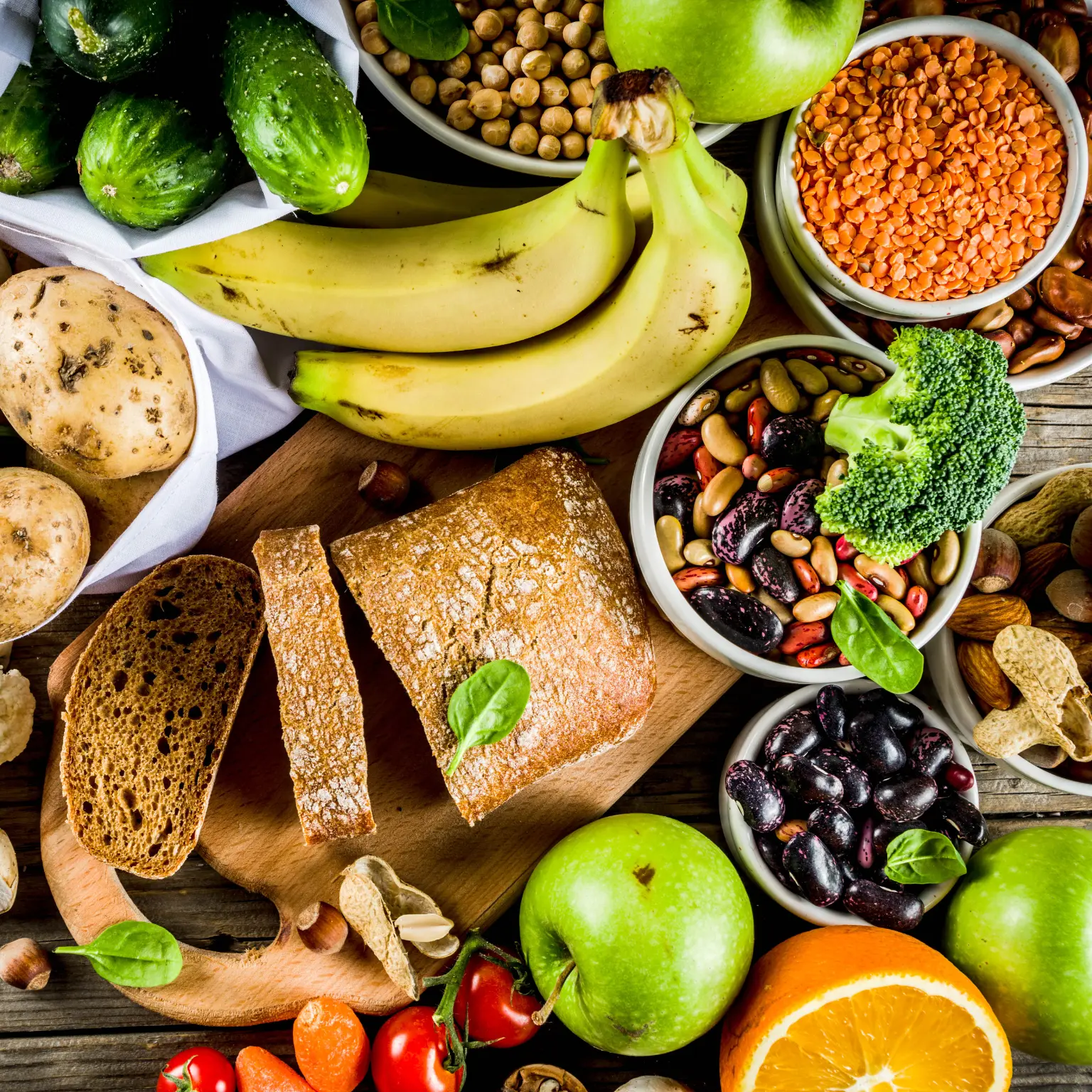
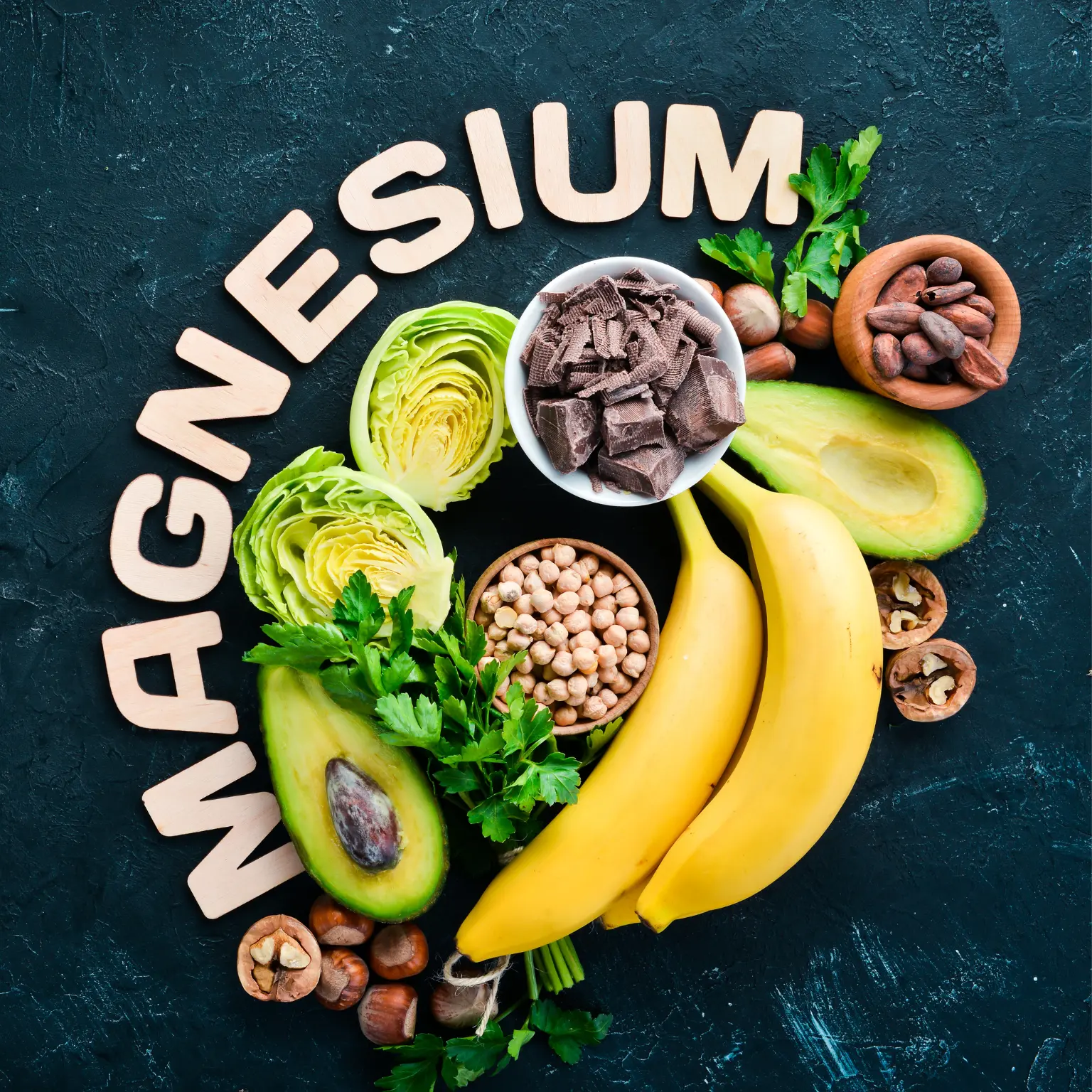
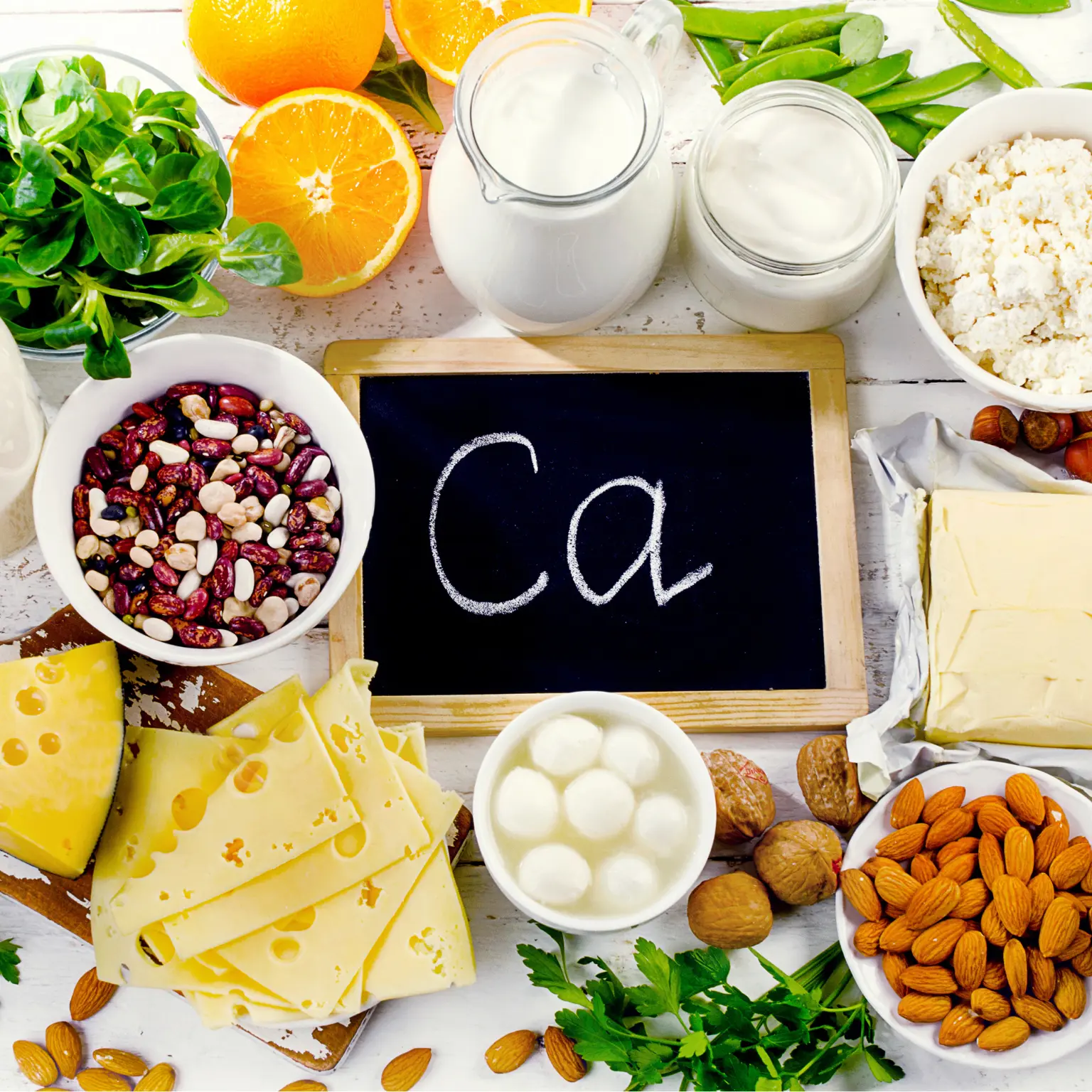
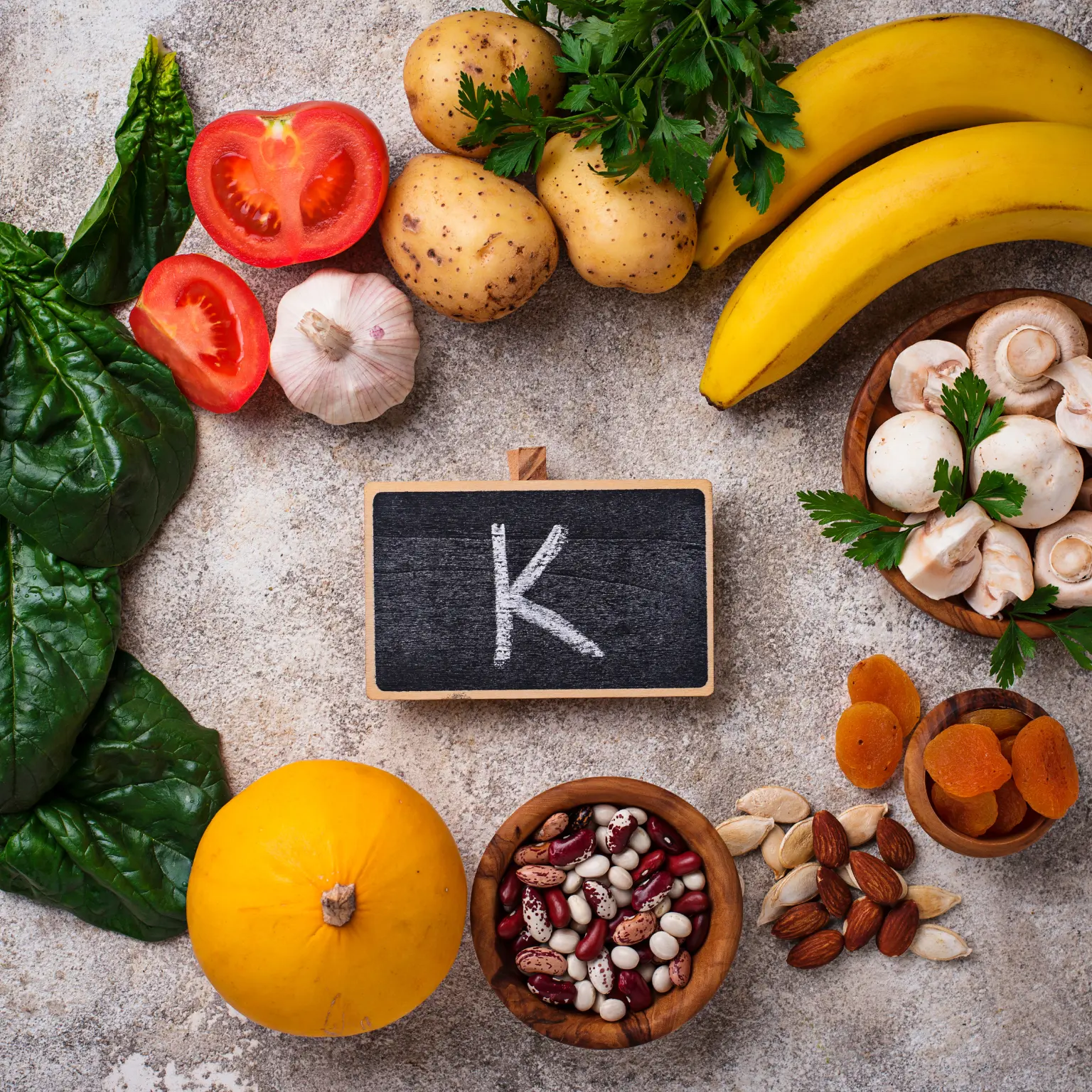
This article was a real gem! The information is so relevant and
perfect for anyone focused on improving their health.
I really appreciate how you present everything in such a straightforward and
useful way. I’ll definitely be pointing to this on my blog about diets and nutrition – my
readers will absolutely benefit from it. Thank you
for providing such valuable content!
Thanks for your valuable feedback!